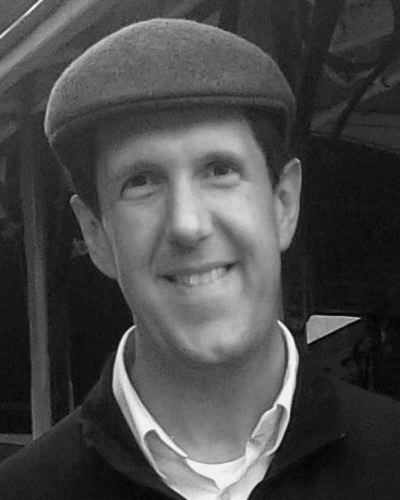: an experiment in science news
 Subscribe via iTunes or via something else.
Subscribe via iTunes or via something else.
It's called "computational propaganda" -- it's how fake news gets around and some social-media attacks happen -- and it's affecting public life.
Speaker and Interviewee
- Philip N. Howard, Principal Investigator, The Computational Propaganda Project
Purpose
experiment to figure out a better way
to decide what science news is
so that it is more informative and
engaging to the audience.
Experimenter

My name is Robert Frederick and I'm a listener, reader, watcher, writer and storyteller who is hungry for a different kind of news. My journalism work has appeared in print, audio, video, and online formats for publications ranging from NPR to Science magazine. I'm also currently the digital managing editor of American Scientist magazine.
I'm also fascinated in how we know what we know. Why do we hold some things to be truths / facts / reality, and other things to be beliefs / opinions / fiction? How is it we trust so many different sources for our knowledge — from trusting our culture to trusting other people, but sometimes only trusting our own hearts, minds, senses, or guts?
I started this show to feed my hunger for a different kind of news about science — one of the most fascinating ways through which "We Know" because people often respond to "We Know From Science" with "Don't believe it." "Wow!" or "Really?"
Why The Conjectural?
Of course, we know a lot, especially since the advent of science, but we would like to know more. A lot more. And while we have become exceptionally good at seeking and finding knowledge — especially with science — there will always be more to discover, think about, and question. Sometimes, that will mean finding reasons to doubt old conclusions, even scientific conclusions that can be demonstrated again and again. But such is life — it's conjectural — so let's celebrate it as it is!
Contact
Your response will help shape the show — please be in touch — and if you're a scientist, science journalist / editor / public information officer interested in participating in the experiment, you know what to do.
Support — Thanks!
In addition to giving your feedback via email, please consider a one-time or recurring monthly donation.
Thank you for your consideration.